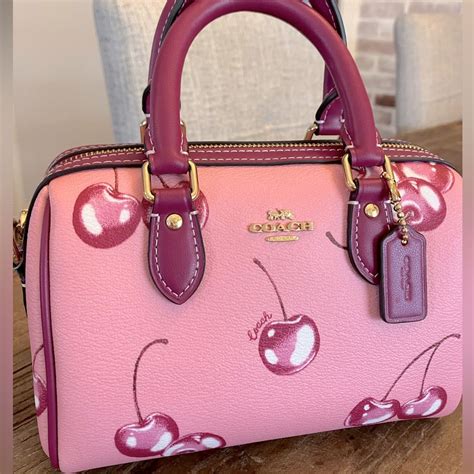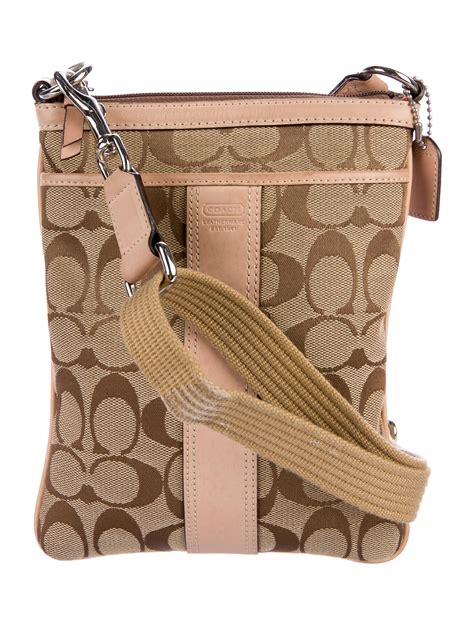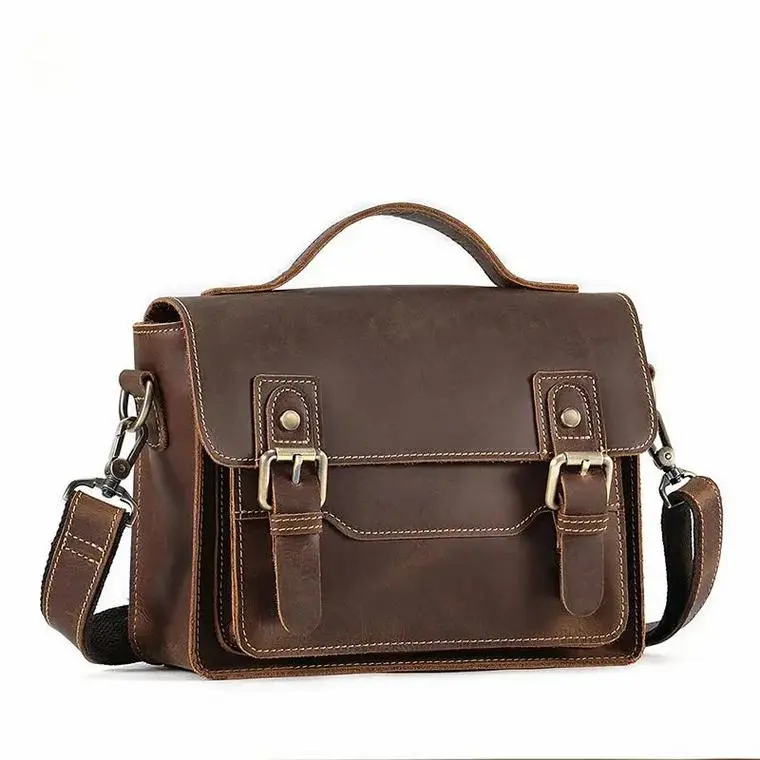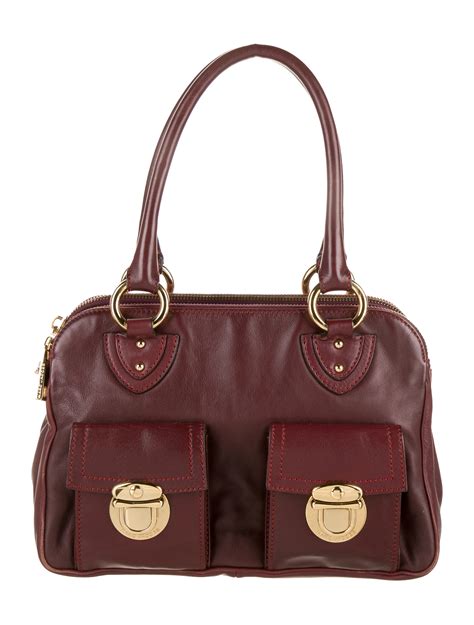gia tộc gucci | house of Gucci bi kịch
$181.00
In stock
The name Gucci. It evokes images of timeless elegance, Italian craftsmanship, and a legacy of luxury that has permeated the fashion world for over a century. But beneath the glossy veneer of runway shows and celebrity endorsements lies a history riddled with internal strife, ambition, and ultimately, a shocking act of violence that cemented the Gucci family's story into a tragic narrative. Central to this saga is Patrizia Reggiani, immortalized in popular culture (most recently by Lady Gaga's portrayal) as the "Black Widow" who orchestrated the assassination of her ex-husband, Maurizio Gucci, the former chairman of the iconic fashion house. This article delves into the complex and tumultuous history of the Gucci family, focusing on the events leading up to and following Maurizio's death, exploring the elements that contributed to the "House of Gucci tragedy."
The Genesis of a Fashion Empire:
The Gucci story began in 1921 in Florence, Italy, when Guccio Gucci, after working as a liftboy at the Savoy Hotel in London and observing the refined tastes of wealthy travelers, returned to his homeland with a vision. He opened a small leather goods shop specializing in equestrian equipment. This early focus on quality craftsmanship and sophisticated design laid the foundation for the brand’s future success.
Guccio's sons, Aldo, Vasco, and Rodolfo, played a crucial role in expanding the business. Aldo, in particular, was instrumental in transforming Gucci into a global powerhouse, opening boutiques in Milan and New York, and introducing iconic designs like the bamboo-handled bag and the horsebit loafer. The brand quickly became synonymous with Italian style and luxury, attracting a clientele that included Hollywood stars and international royalty.
Internal Strife and Power Struggles:
Despite its outward success, the Gucci family was plagued by internal conflicts. The brothers, particularly Aldo and Rodolfo, often clashed over business strategy and control. These tensions escalated as the next generation entered the fray. Aldo's sons, Paolo, Roberto, and Giorgio, also sought their share of the power, leading to intense rivalries and legal battles that threatened to tear the family and the company apart.
Paolo Gucci, a talented designer, was particularly ambitious and vocal about his criticisms of his father's management style. This led to a bitter feud that resulted in Paolo being ousted from the company. In retaliation, he provided information to tax authorities, ultimately leading to Aldo's conviction for tax evasion and a year-long prison sentence in the United States. This public humiliation further tarnished the Gucci name and exposed the family's deep-seated dysfunction.
Maurizio Gucci: A New Era, A Shaky Foundation:
Upon Rodolfo's death in 1983, his son Maurizio Gucci inherited his stake in the company. Maurizio, a reserved and sophisticated businessman, initially seemed poised to revitalize the brand. He aimed to restore Gucci's reputation for exclusivity and luxury, focusing on high-end designs and limited-edition collections.
However, Maurizio lacked the business acumen and decisiveness needed to navigate the complexities of the fashion world. He made a series of questionable decisions, including overspending on new ventures and failing to adapt to changing market trends. Under his leadership, Gucci began to lose its market share and financial stability.
Enter Patrizia Reggiani: Ambition and Entanglement:
Maurizio's marriage to Patrizia Reggiani was a defining chapter in the Gucci saga. Patrizia, a flamboyant and strong-willed socialite, quickly became a prominent figure in Milanese high society. She embraced the Gucci lifestyle with gusto, enjoying the wealth and prestige that came with being Maurizio's wife.gia tộc gucci
However, Patrizia was not simply content to be a trophy wife. She had a keen interest in the Gucci business and exerted a significant influence on Maurizio's decisions. Many within the company believed she was overly ambitious and meddlesome, often interfering in business matters and creating friction with other family members and executives.
As Maurizio's business ventures faltered and the Gucci empire began to crumble, the marriage deteriorated. In 1985, Maurizio abruptly left Patrizia, claiming he was going on a business trip but never returning. He later informed her that he wanted a divorce, leaving Patrizia feeling betrayed and humiliated.
The Divorce, the Betrayal, and the Seeds of Revenge:
The divorce proceedings between Maurizio and Patrizia were acrimonious and protracted. Patrizia was furious about being cast aside and felt she was entitled to a larger share of Maurizio's wealth. She reportedly received a substantial settlement, but it was not enough to satisfy her perceived sense of injustice.
More significantly, Patrizia was deeply resentful of Maurizio's new relationship with Paola Franchi, a younger and more glamorous woman. She saw Franchi as a usurper and blamed her for the breakdown of her marriage. The combination of financial grievances, wounded pride, and simmering jealousy fueled a burning desire for revenge.
The Assassination of Maurizio Gucci: The Black Widow's Web:
On March 27, 1995, Maurizio Gucci was shot dead in the lobby of his office building in Milan. The murder shocked the fashion world and sent shockwaves through Italian society. Initial investigations focused on potential business rivals, but the case remained unsolved for two years.
Additional information
| Dimensions | 7.9 × 2.8 × 2.8 in |
|---|









